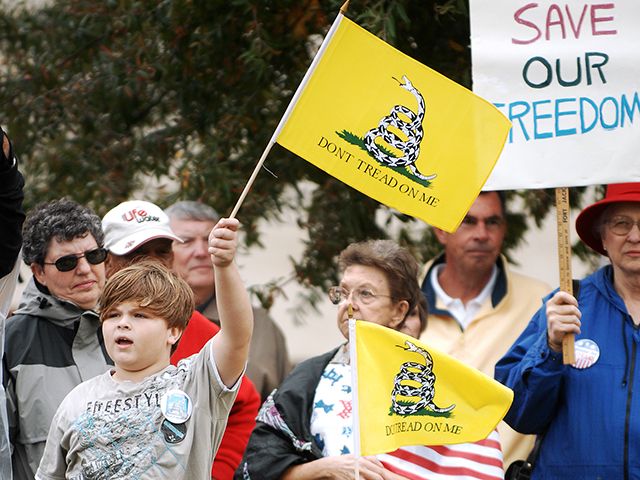What did we learn from the primary races held in a handful of states this week?
Most of the mainstream media explained it was the demise of the tea party and proof of a growing schism among various factions of the Republican Party. On the flip side were those who suggested the “establishment” candidates who won were actually conservatives in establishment clothing and proof that the tea party had pushed the Republican Party in a more conservative direction.
Which is it? The more I investigated who won and who lost, which group endorsed this candidate and which political celebrity endorsed another, and actually talked to people who live in the states that held primaries, I came to the following conclusion: It is simply too early to tell.
A number of polls came out in the past week showing Republican momentum going into the November midterm elections:
- A CNN/ORC International poll found positive indicators for the GOP, pointing out that the three-point advantage for Republicans among voters who voted in the last midterm election (2010) “may not sound like much, but it’s pretty much where the GOP was in the spring of 2010 before the party went on to take control of the U.S. House in November thanks to a 63-seat pick up.”
- According to USA Today, its poll done in conjunction with Pew Research “shows the strongest tilt to Republican candidates at this point in a midterm year in at least two decades.”
- And findings from The Washington Post’s Election Lab model show Republicans “have an 82% chance of claiming the six seats they need to move back into the majority.”
And then there are the numbers showing the likely reasons for the GOP edge.
While only 23 percent of those in the USA Today poll approved of GOP congressional leaders, look at the breakdown over whose economic policies—Republican congressional leaders’ or the Obama administration’s—would do more to strengthen the economy over the next few years. Forty-three percent of all respondents said the GOP’s policies would be better, while 39 percent said Obama’s. However, independents in the survey broke 44 percent to 32 percent in favor of Republican policies.
That poll also found that by a 2-to-1 margin, “Americans say they want the president elected in 2016 to pursue different policies and programs than the Obama administration.”
The Post’s Election Lab noted that part of the GOP’s edge is that the current environment, a poor economy and Obama’s low approval ratings will produce better-quality Republican candidates, because such candidates are strategic and pick years to run when they have the best chance of winning.
All welcome news, I’m sure, at Republican Party headquarters.
But if these polls are right, the question that really matters is: Will voters just send more Republicans to Washington in 2015, or will they also send more conservatives?
The answer to that question hinges on whether those who won their races on Tuesday, and the primaries to come, are truly committed to repealing Obamacare, taking unwavering stands against more spending and debt, and ending the cronyism that allows Washington to pick the winners and losers.
If Republicans are victorious in November and find themselves in control of both the House and Senate, yes, some things in Washington will change. But unless many of those new lawmakers coming to town are conservatives, not enough will change to truly matter.































